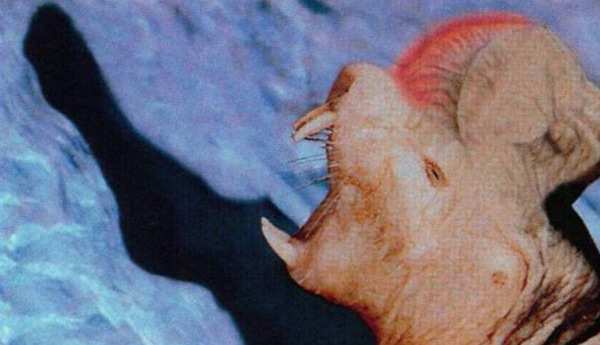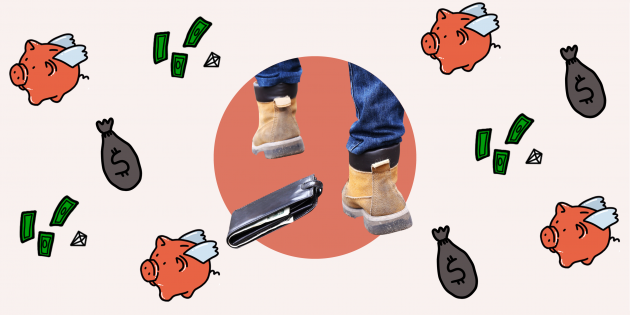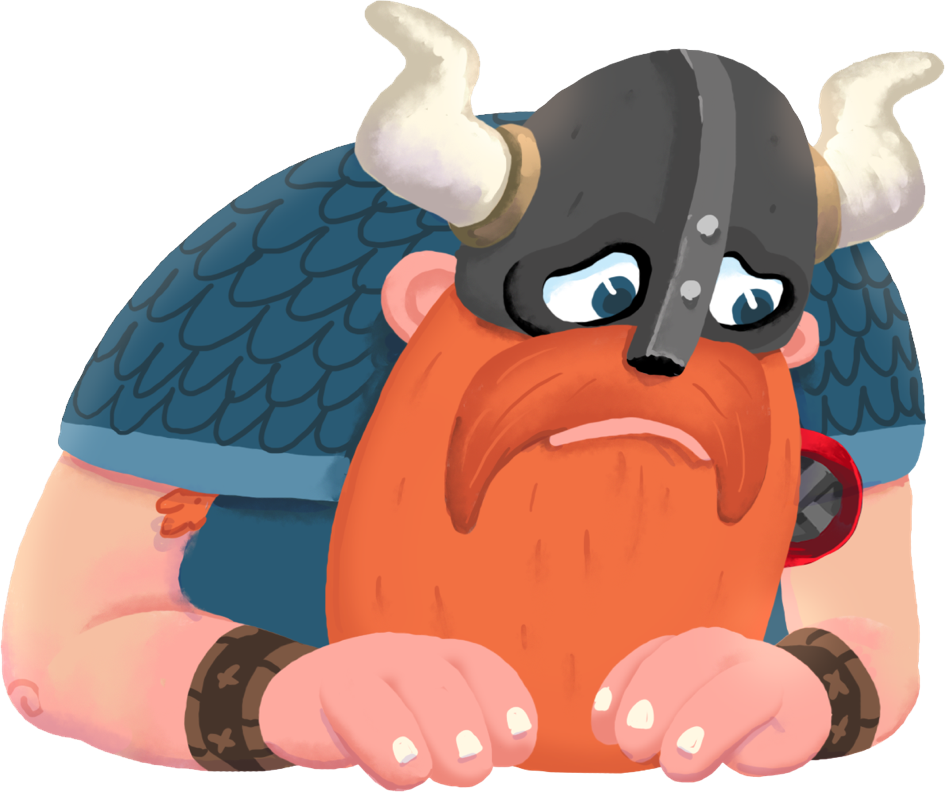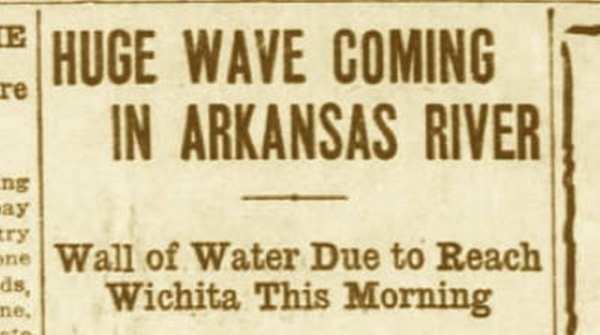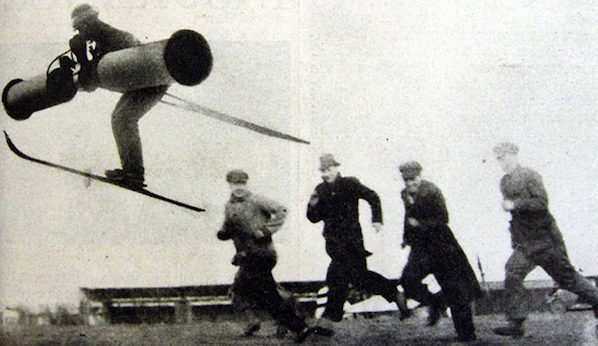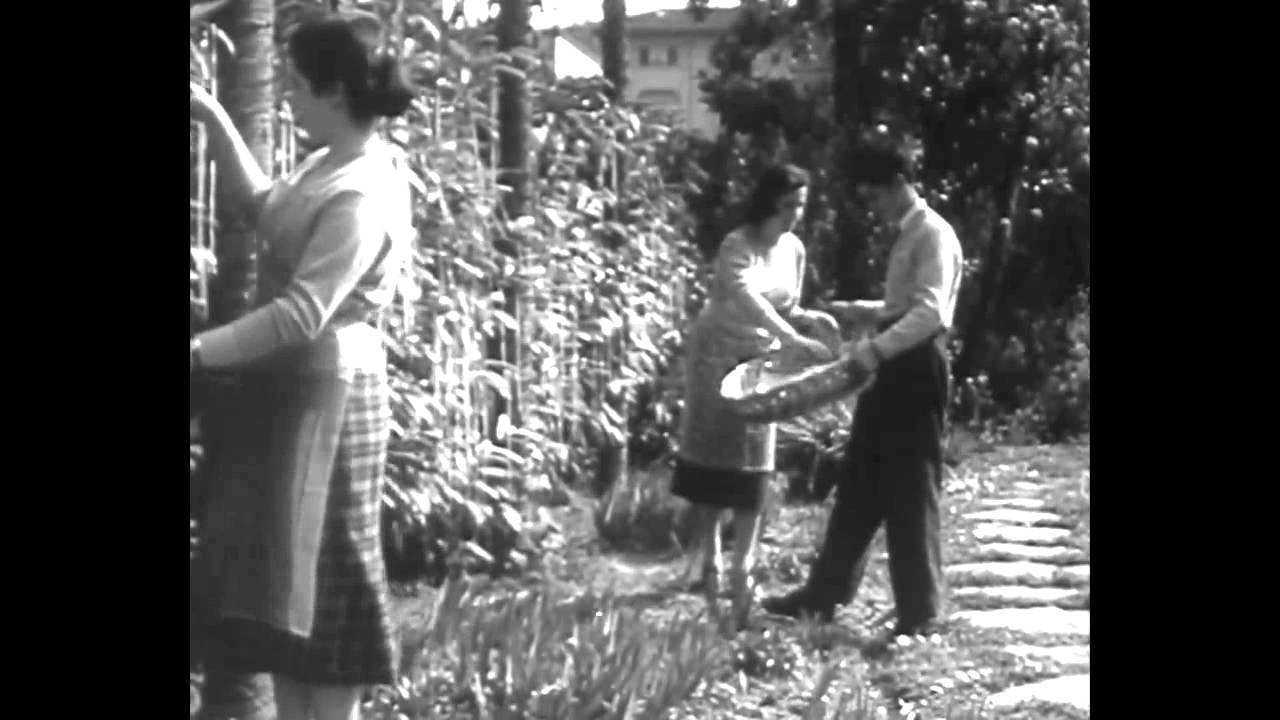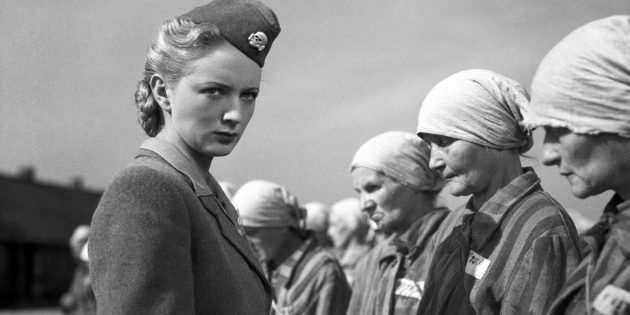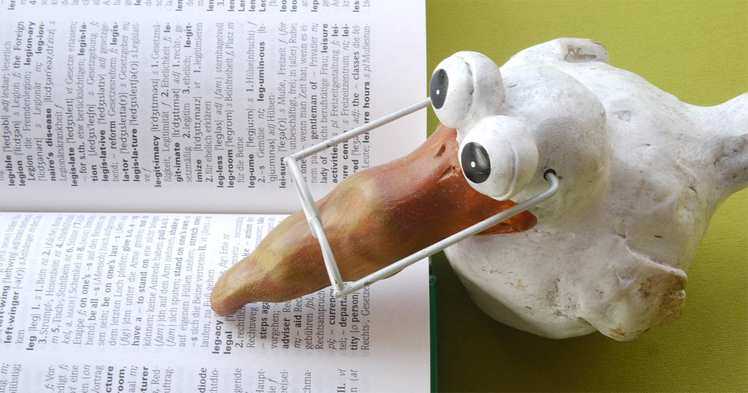TV stockings
IN 1962 году на шведском телеканале SVT рассказали о том, how to color an image with a nylon stocking. An expert named Kjell Stensson spoke in all seriousness about the latest technology and explained in detail, how does she work. According to him, light waves are refracted through a fine mesh, thanks to which color appears.
To see the color image, you need to tilt your head at a certain angle. The audience believed and went to the stores for stockings. But it did not help: цветное телевещание появилось в Швеции лишь в 1970 year.
Paradise country
IN 1977 году британское издание The Guardian опубликовало вкладку из семи страниц, which told about the small republic of San Serriffe, occupying several islands in the Indian Ocean. The country was described as heavenly: with wonderful landscapes, friendly residents. Two main islands, where the state was located, were called Upper Caisse and Lower Caisse, they were in the form of a dot and a comma.
Readers cut off newspaper phones, trying to find out, how to get to San Serriffe and how much does it cost to rest there. Journalists later admitted, what were you joking, and used professional terms. San Serriffe is the modified name of the Sans Serif font, Upper Caisse came from the upper case (capital letter), and Lower Caisse - from lower case (uppercase letter).
Scary hothead ice axes
IN 1985 году в апрельском номере Discover Magazine опубликовали статью об открытии нового вида млекопитающих, living in Antarctica. Biologist April Pazzo calls animals hot-headed ice axes: they melted the ice and attacked the penguins.
“They are disgusting: about six inches long, weigh a few ounces, имеют очень высокий уровень метаболизма — их температура тела составляет 110 degrees, live in labyrinths in ice. They radiate a huge amount of heat through the "plate" on the head ", - said the scientist.
Pazzo suggested, что именно эти ужасные животные могли стать причиной бесследного исчезновения исследователя Антарктиды Филиппа Пуассона в 1837 year. According to the Authors of Discover Magazine, this article has received the largest number of responses from readers in the history of the publication.
Developing a successful draw
During the game, the team can detect, that one of the passing rallies against a certain defense works particularly well. To continue to use this rally, and also leave protection in the fools, the attack starts playing it from different formations, approximately keeping the passing routes.
As an example: attack line up three receivers, tight-end and ranninbeka. One receiver is on the left, runningback is also left behind the tackle. Tight-end is located right, and two other receivers behind him. The receiver on the left runs into the field on 18 yards, and then performs squire-in. Tight end runs cross route in 7-8 yards from the scrum line. Runningback moves from backfield to the left.
Receiver, located in the slot on the right, just runs to the middle of the field. It serves as bait, pulling back the defenders. Quarterback Addressee - Left Receiver. If it's closed, then the quarterback tries to hit the tight end; in the worst case, he drops the ball on the runner.
In an adjusted variation of the same rally, the same receiver on the left is running an 18-yard square-in. The runningback on the left stands on the same side, but this time it moves along the line of scrum for 7-8 yards and turns to the quarterback. Thus, he reproduces the role of the tight end from the original rally.. And the tight end runs to the center this time. The receiver in the slot now shifts slightly to the right and runs between hash marks. In fact, this is the same prank. The main target of the attack remains the receiver on the left
And the rest of the receivers distract attention
| Table of contents |
|---|
| Part 1: Introduction to American Football |
| Chapter 1: Greatest American Game |
| Chapter 2: Meet me at gridairon |
| Chapter 3: Rules and duties |
| Part 2: Forward, attack! |
| Chapter 4: The quarterback is the most valuable player in American football |
| Chapter 5: Pass game |
| Chapter 6: Portable game |
| Chapter 7: Line of attack |
| Chapter 8: Offensive play and strategy |
| Part 3: Harsh defense |
| Chapter 9: Giants from the line of defense |
| Chapter 10: The last stronghold of defense in the second line |
| Chapter 11: Defense tactics and strategy |
| Part 4: The rest of the team |
| Chapter 12: Special teams and ball hitting masters |
| Chapter 13: Trainers, general managers and other important persons |
| Part 5: Football for everyone |
| Chapter 14: Wheelchair quarterbacks and other awesome fans |
| Chapter 15: Youth leagues and school football |
| Chapter 16: Student football is the cradle of everything |
| Chapter 17: National Football League |
| Chapter 18: Fantasy football |
| Part 6: Top ten lists |
| Chapter 19: 10 greatest defenders of all time |
| Chapter 20: More 10 best offensive players |
| Chapter 21: 10 greatest trainers in history |
| Chapter 22: 10 best teams in history |
| Chapter 23: 10 hottest student confrontations |
| Part 7: Glossary |

